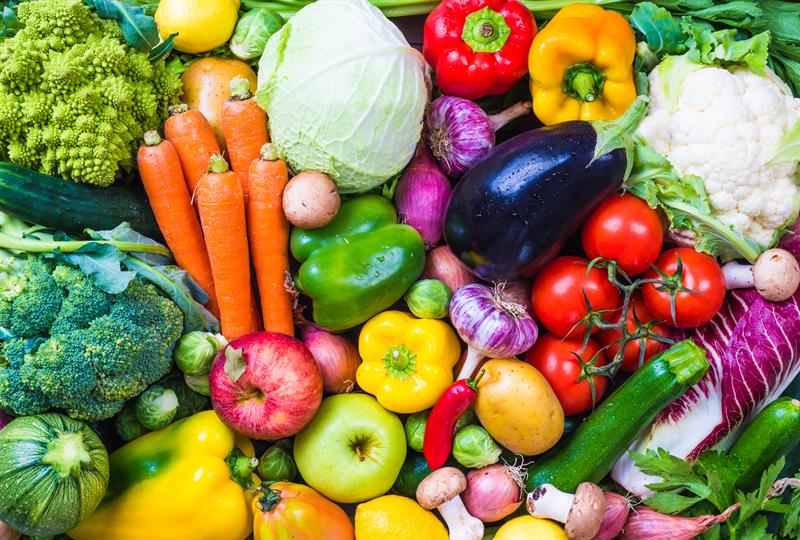The initiative includes targeted amendments to three existing EU regulations: Regulation (EU) No 1308/2013, Regulation (EU) 2021/2115, and Regulation (EU) 2021/2116.
The proposal responds to challenges faced by farmers including increasing risks, rising input costs, more stringent production requirements and poor incomes. It follows widespread farmer protests in 2024 and a subsequent Commission ‘non-paper’ recommending a series of measures to improve the position of farmers in the supply chain, along with recommendations from the Strategic Dialogue on the Future of EU Agriculture, concluded in September 2024.
So, what is included in the proposals?
Optional terms for commercial modalities
To enhance transparency and reliability within supply chains, the proposal introduces specific conditions for use of the terms "fair," "equitable," and "short supply chain."
The terms ‘fair’ and ‘equitable’ can be used only if stability, transparency, and equitable pricing for farmers are ensured, and one or several of the UN Sustainable Development Goals are pursued. The term ‘short supply chain’ can only be used where there is a direct connection between the farmer and final consumer of the product or there is a close connection and geographical proximity between the farmer and consumer.
Contractual relations
Under the proposal, written contracts will generally be required for the delivery of all agricultural products, including milk and milk products. Under current legislation, it is up to Member States to decide whether a written contract is required.
Written contracts must be made in advance of delivery, be in writing and importantly, include the price payable for delivery. Price should be static and set out in the contract or calculated by combining various factors set out in the contract including objective indicators, indices or methods of calculation. Price should reflect changes in market conditions and production costs. Contracts should also include the quantity and quality of agricultural products to be delivered.
There are some exceptions, for example a written contract may not be required when a delivery is made by a member of a Producer Organisation or a cooperative to that organisation. This exception applies if the organisation's statutes comply with Article 153 of the CMO Regulation (statutes of producer organisations), including that members can democratically scrutinise the organisation, its accounts and budgets A contract is also not required when delivery and payment takes place simultaneously or if the delivery is made for free or if product is disposed which is no longer fit for sale. However, a farmer, PO or an APO can always request a written contract.
Member States will also be required to establish a mediation mechanism where no mutual agreement to conclude a contract is reached. This aims to ensure that an amicable settlement can be reached in case of dispute and is voluntary for Member States under current legislation.
Agreements and concerted practices of recognised interbranch organisations
To simplify things for small farmers and to encourage young people into the industry, the proposed amendments would allow producers to request EU Commission opinions on the compatibility of sustainability-related agreements, with additional objectives phased in over time. This would potentially allow an exemption from Article 101(1) of the Treaty on the Functioning of the EU (competition rules).
Agreements and decisions during periods of severe imbalance in markets
Under the proposals, when there is a severe imbalance in the market the Commission can allocate support from the agricultural reserve.
Purchase terms for sugar beet
Under the proposals, delivery contracts for beet would have to be made in advance of the delivery, in writing for a specific quantity of beet. Under current legislation, contracts do not need to be made in advance of delivery. Additionally, contracts can be pluriannual (as in the current legislation), but if a contract is longer than 6 months, the contract will include a revision clause.
In addition, the price for sugar beet shall be determined using factors specified in the contract, which must include clear and accessible indicators or methods reflecting market conditions, production costs, delivered quantities, and quality. Member States may establish such indicators based on objective criteria and food supply chain studies, but the parties are free to use these or other relevant indicators.
So, what does this all mean?
The EU is trying to give farmers greater transparency and fairness, and some much-needed stability. The proposals will now be scrutinised by Member States and the European Parliament. Given the additional resource requirements for Member states entailed by the contractualisation proposals, this process is expected to take some time. It’s likely that the process will be included in the broader discussions on the Commission’s Vision for Agriculture and Food, expected in February 2025.
